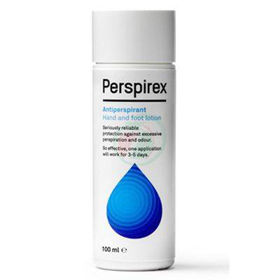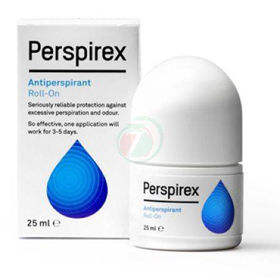Customer question:
Could excessive sweating be a sign of cancer? Anonymous customer's question
Pharmacist's answer:
Excessive sweating is usually not a direct sign of cancer, as there are many other possible causes besides excessive sweating. However, excessive sweating can occur as one of the symptoms of some types of cancer or as a side effect of some types of cancer treatment, such as chemotherapy.
Some cancers associated with excessive sweating include lymphoma, leukemia, or certain tumors. Excessive sweating is usually accompanied by other symptoms such as fatigue, weight loss, fever, pain, or swollen lymph nodes. It is essential to understand that excessive sweating often has a benign explanation and is usually associated with other less severe problems such as hormonal changes, stress, anxiety, specific health problems, or environmental factors.
If you notice sudden and unusual excessive sweating, especially if other more worrisome symptoms accompany it, consult your doctor. Your doctor can perform a thorough examination, perform any necessary tests, and determine the cause of your symptoms. Remember that many types of cancer are curable, especially if caught in the early stages, so it's essential to seek professional medical help.
How do you stop excessive sweating due to chemotherapy?
Excessive sweating as a side effect of chemotherapy can be bothersome and usually very uncomfortable. If you are dealing with this troublesome side effect, here are some possible strategies that can help you manage excessive sweating:
- Clothes made of natural materials: wear light and airy clothes made of natural materials, such as cotton or linen. These materials enable better breathability and absorb moisture.
- Adjust the ambient temperature: try to maintain a comfortable temperature in your environment. Do not make the atmosphere inside your home too warm or too cold so as not to cause additional sweating.
- Avoid spicy food: spicy food can stimulate sweating. Try to avoid spicy foods.
- Cold compresses: cold compresses on the forehead, neck, and other body parts can help reduce the feeling of heat and excessive sweating.
- Drinking enough fluids: Ensure you drink enough to prevent dehydration, but avoid caffeine and alcohol, as they can accelerate fluid loss.
- Using a humidifier: if the air in the room is dry, using a humidifier can help reduce skin irritation and ease excessive sweating.
- Adjust your activity periods: try physical activities when you are less prone to sweating. Avoid exercising during the hottest part of the day.
- Consult your doctor: If excessive sweating is severe or is interfering with your daily life, be sure to consult your doctor. They can advise you on possible adjustments to your treatment or prescribe medication that can help you manage your symptoms.
Interesting reading: Excessive sweating over the whole body
Interesting reading: Lymphatic cancer










 Facebook
Facebook
 Instagram
Instagram
 info@moja-lekarna.com
info@moja-lekarna.com

